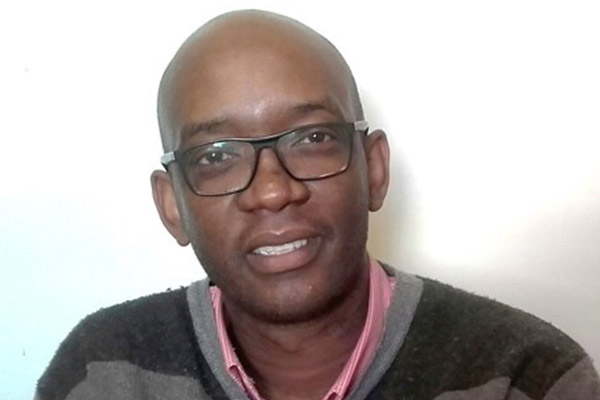AESA PROGRAMMES
- Building R&D Infrastructure
- Developing Excellence in Leadership, Training and Science in Africa (DELTAS Africa)
- Human Heredity and Health in Africa (H3Africa)
- Africa’s Scientific Priorities (ASP)
- Innovation & Entrepreneurship
- Grand Challenges Africa
- Grand Challenges Innovation Network
- Rising Research Leaders/Post-Docs
- AESA RISE Postdoctoral Fellowship Programme
- African Postdoctoral Training Initiative (APTI)
- Climate Impact Research Capacity and Leadership Enhancement (CIRCLE)
- Climate Research for Development (CR4D)
- Future Leaders – African Independent Research (FLAIR)
- Critical Gaps In Science
- Clinical Trials Community (CTC)
- Community & Public Engagement
- Mobility Schemes: Africa-India Mobility Fund
- Mobility Schemes: Science and Language Mobility Scheme Africa
- Research Management Programme in Africa (ReMPro Africa)
- Science Communication/Africa Science Desk (ASD)
- Financial Governance: Global Grant Community (GGC)
- AAS Open Research
- CARI Programmes
- Evidence Leaders Africa (ELA)

News
An affordable HIV drug resistance assay for Botswana

165
An affordable HIV drug resistance assay for Botswana
Progress is being made on research towards an HIV cure in South Africa, and efforts towards the development of a low cost HIV drug resistance assay (70% lower cost - from $100-$200 to $40-$70), that could substantially reduce the cost of HIV drug resistance surveillance in Africa. Kaelo K. Seatla, Clinician Researcher at the Botswana Harvard AIDS Institute Partnership and a PhD fellow for the DELTAS Africa funded sub-Saharan African Network for TB/HIV Research Excellence (SANTHE) is leading the development of the assay.
|
Development of the assay
The scientists optimized an HIV drug resistance assay for use in Botswana and other resource limited settings that have a similar HIV strain that is found in Botswana-HIV-1 subtype C.
The assay is molecular based, involving HIV DNA amplification and sequencing to determine various positions of HIVs amino acids and how they relate to drug resistance.
The assay works by generating many copies of HIV DNA then determining the consensus composition of amino-acids at various position in the HIV genome. We then compare these variations in amino acids with a standard reference to determine if patients have drug resistance mutations in their HIV genome or not.
A notch higher than existing HIV drug resistance tests
The assay was validated against a commercial assay that is currently in use in Botswana and performed better than the commercial assay, detecting more HIV drug resistance mutations while doing so at about a quarter of the cost of the commercial assay. The assay is also HIV-1 subtype C specific as the primers were designed specifically for the subtype.
The impact of a cheaper drug resistance test
Botswana is heavily burdened by the HIV epidemic with about a quarter of all adults living with HIV. With the advent of “treat all”-where everybody who is infected with HIV has to be on anti-HIV drugs, the scientists saw a need to develop cheaper assays for testing for HIV drug resistance. This was accelerated by introduction of newer anti-HIV medication such as dolutegravir that we specifically tailor made our assay to detect for drug resistance mutations to dolutegravir. Dolutegravir is currently being rolled out in most countries in sub-Saharan Africa and will soon become the most common anti-HIV drug used in the world. It was imperative there to create cheap assays to detect for resistance to dolutegravir to ensure that it continues to work thus saving lives of patients.
The prevalence of drug resistance mutations to some anti-HIV drugs such as tenofovir in individuals with treatment failure is over 50%. Pre-treatment drug resistance rates in sub-Saharan Africa to some anti-HIV drugs are also rising above the WHO threshold of 10%. Thus, to ensure that HIV infected individuals are not inadvertently placed on a functional single anti-HIV medication, it is important to test for HIV drug resistance to dolutegravir using the new assay. This will contribute towards ending the last 90, of the UNAIDS 90-90-90 goals of having 90% of HIV infected people on anti-HIV medications having a virus load that is undetectable.
The future of the assay
The scientists are in discussions with the University of Botswana tech transfer office to aid in commercialising the assay and other proprietary issues and are actively looking for funding to aid in commercialising or licensing the assay.